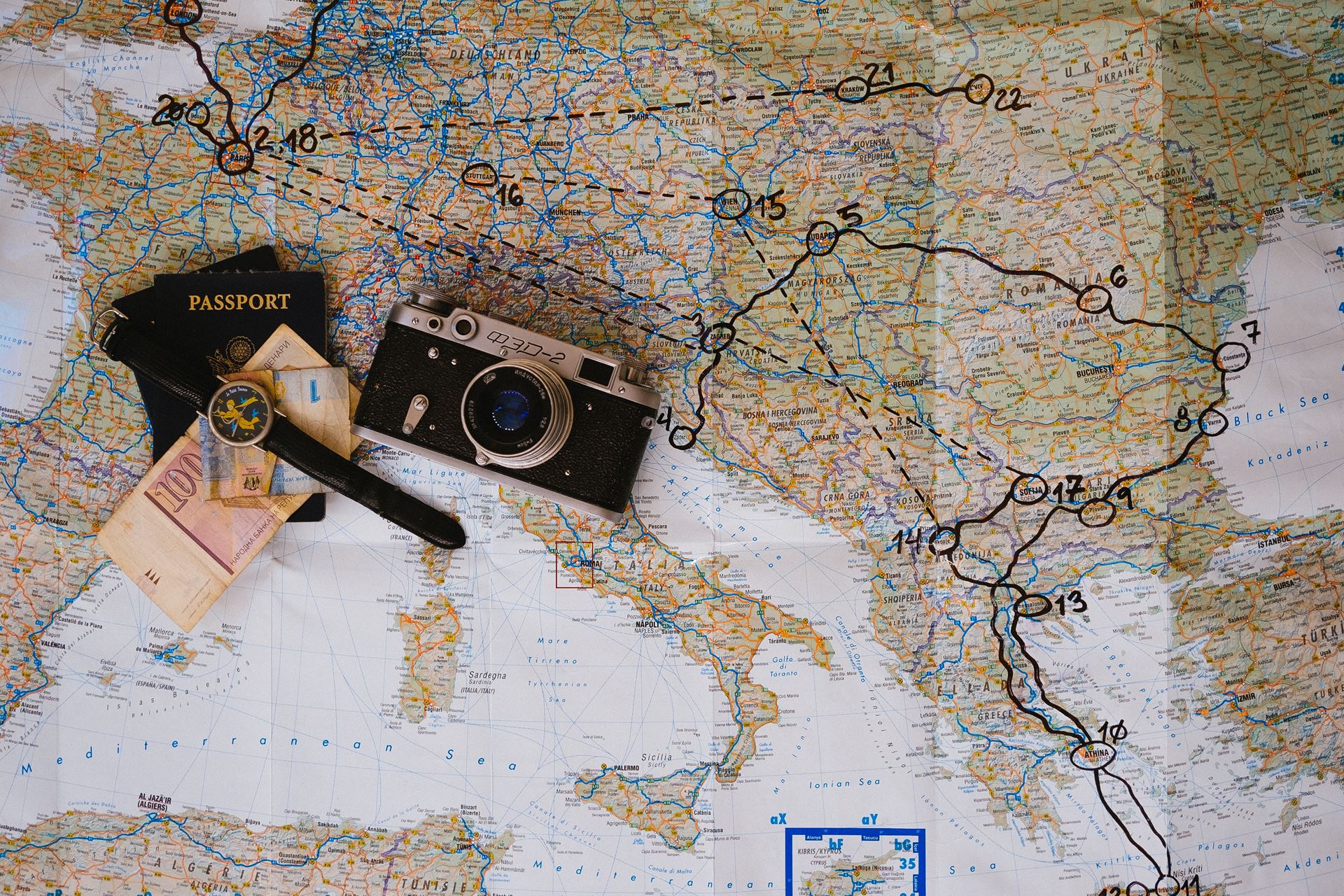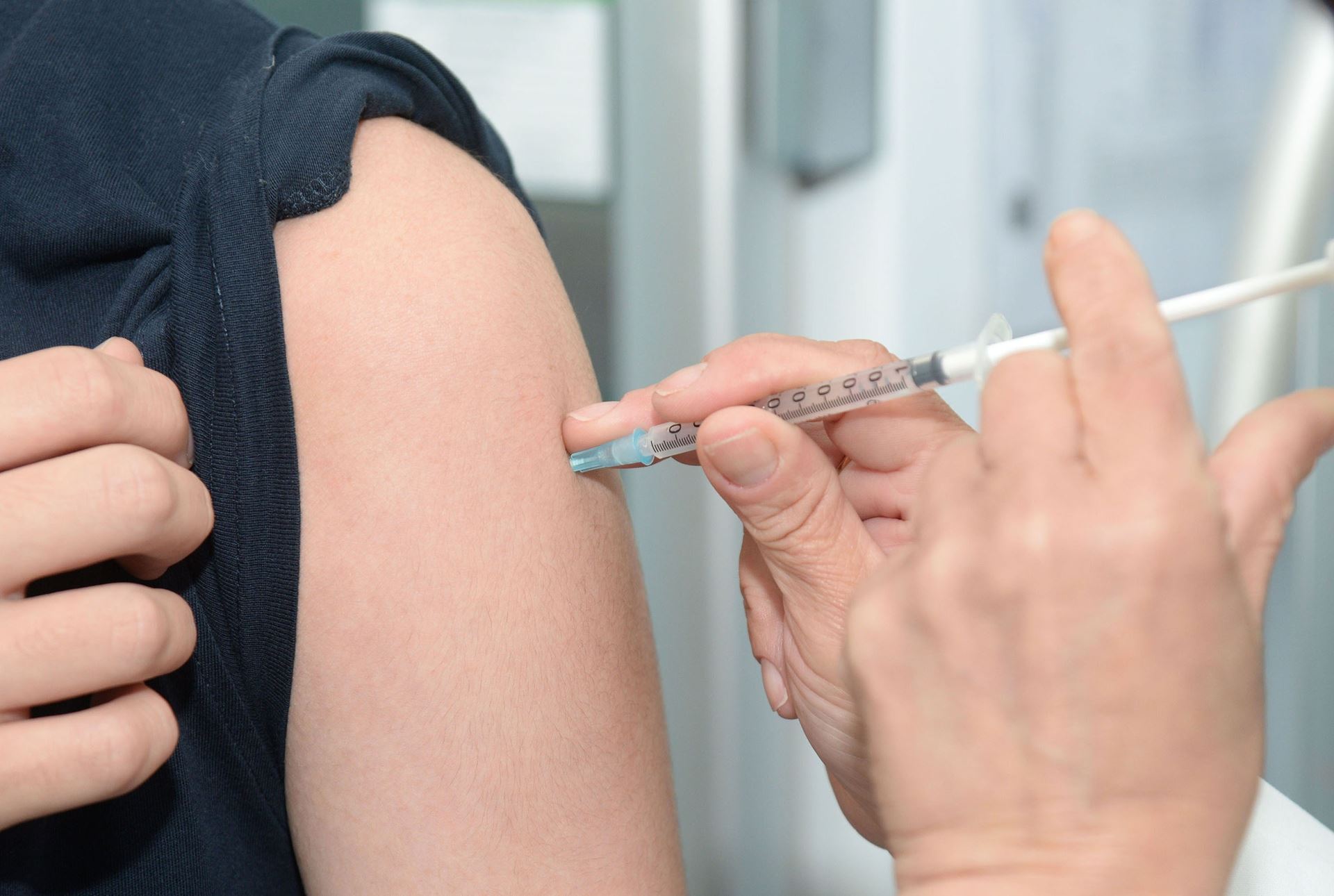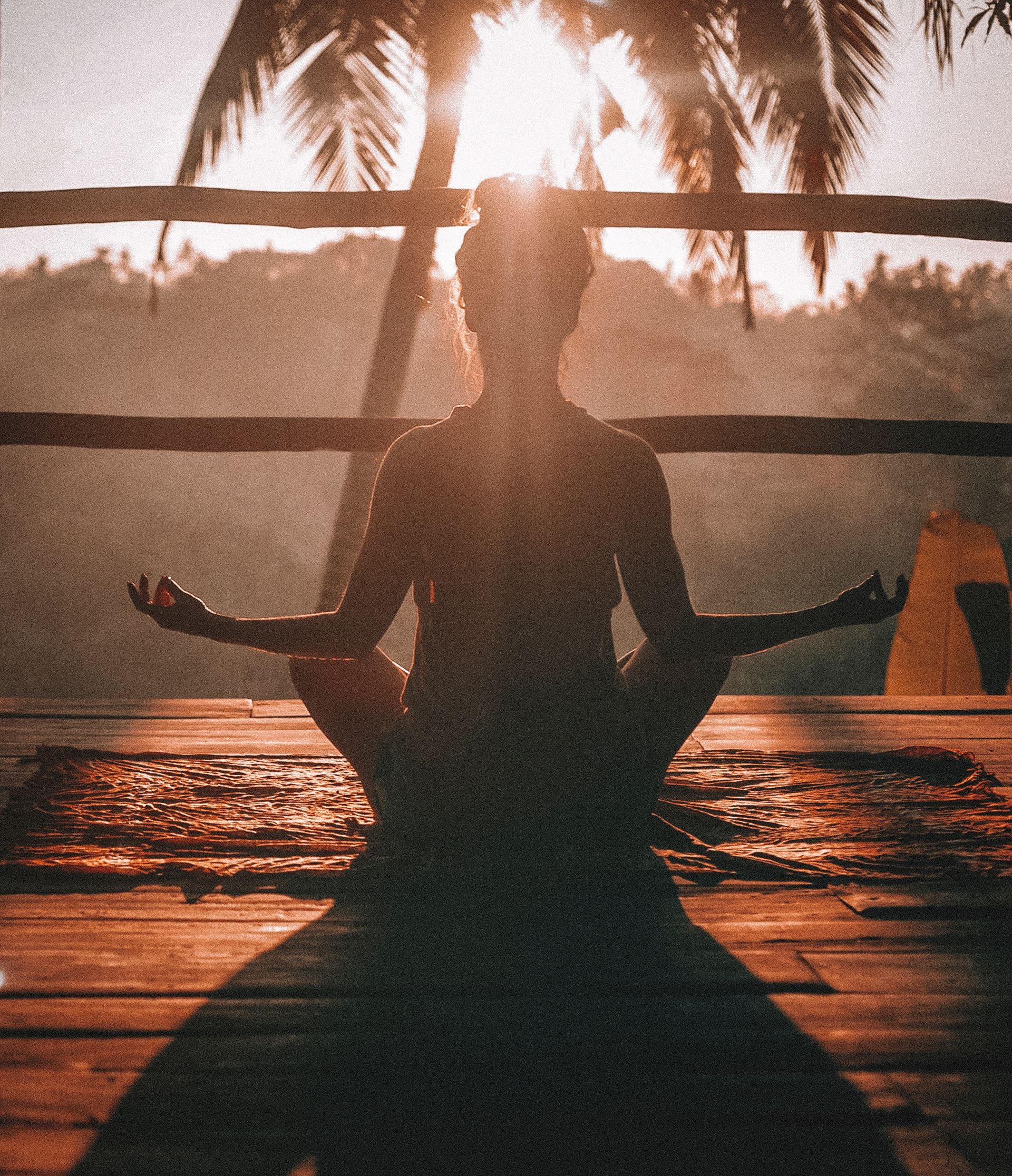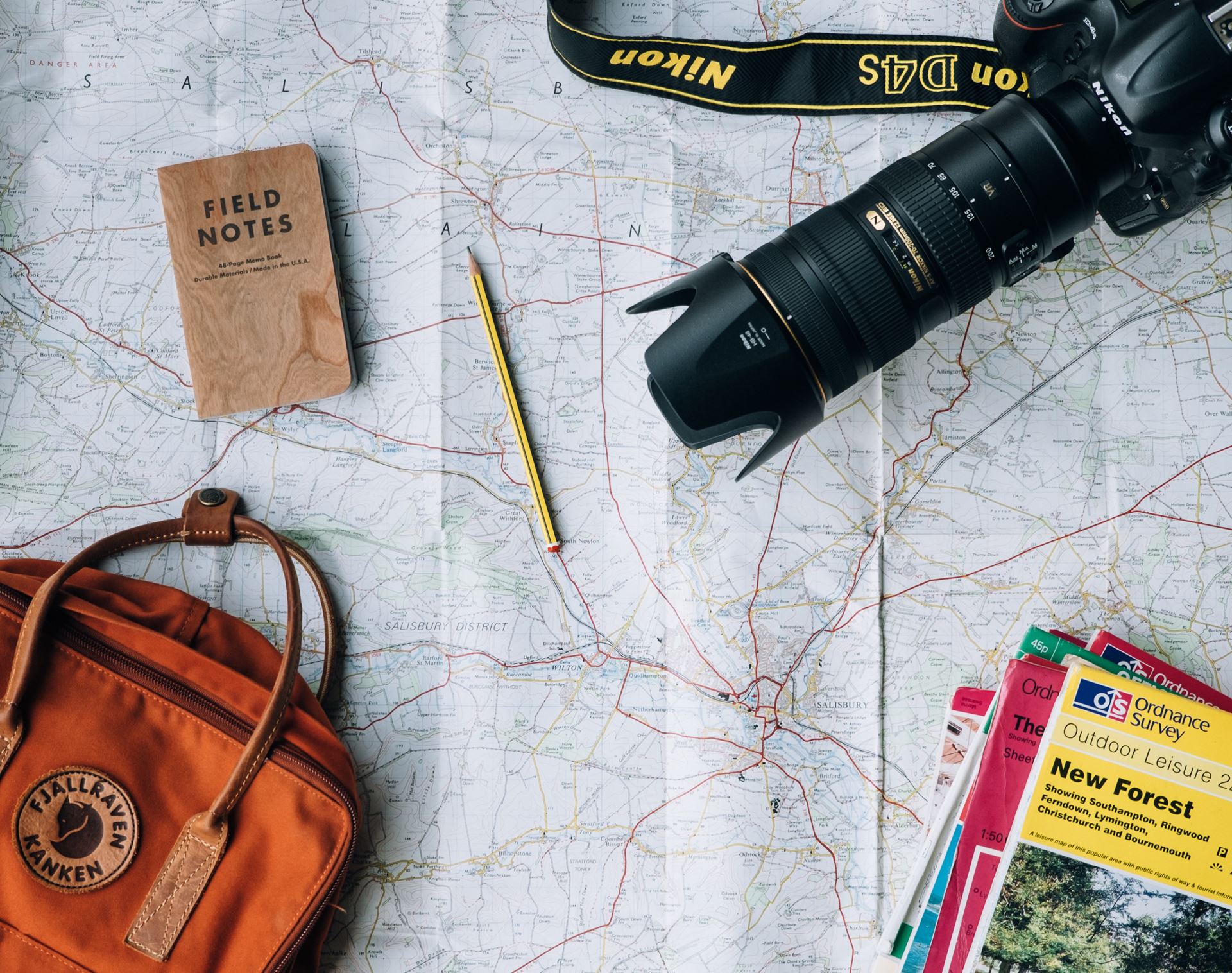Travel Health

Our practice nurses are available by appointment to offer medical advice regarding travel and vaccinations where appropriate. Please telephone reception to book an appointment.
Our nurses can provide travel health advice and arrange for appropriate immunisations. Please arrange an appointment for a travel consultation at least 6-8 weeks before departure if possible. Vaccines need time to take effect and some may require a course over several weeks.
Select the region you are travelling to find out more.
Further Travel Information
The following websites will give you additional travel advice
Travel Health for information of vaccinations available on NHS
MASTA for private vaccination clinics
Gov.uk for specific country travel advice
EHIC to apply for your free European Health Insurance Card
Travel Vaccination Prices
Travel advice is covered by the NHS; however some vaccinations and prescriptions are only available privately. Payment for non-NHS services must be made at the first travel appointment.
Medication for Fear of Flying
People sometimes ask the doctor or nurse to prescribe benzodiazepines such as diazepam, lorazepam, temazepam or clonazepam, for fear of flying or to help sleep during flights. In the UK, these drugs are Class C/Schedule IV controlled drugs.
We have outlined below the issues surrounding its use with regards to flying and why our practice no longer prescribes such medications for this purpose.
- NICE guidelines advise that benzodiazepine medication should not be used for mild and self-limiting mental health disorders. Benzodiazepines are only advised for short-term use for a crisis in generalised anxiety disorder. Fear of flying in isolation is not a generalised anxiety disorder. According to the prescribing guidelines that doctors follow, benzodiazepines are contraindicated (not allowed) in treating phobic states. It also states “the use of benzodiazepines to treat short-term ‘mild’ anxiety is inappropriate.” Your doctor would be taking a significant legal risk by prescribing against these guidelines. They are only licensed short term for a crisis in generalised anxiety. If this is the case, you should be getting proper care and support for your mental health and not going on a flight.
- Although plane emergencies are rare, taking benzodiazepines reduces awareness and reaction times for patients so you risk not being able to react to save your life if you have to escape quickly. You may also put other people in danger by getting in their way or making them help you.
- The use of these drugs can make you sleep in an unnaturally deep sleep. This means you won’t move around as much as during natural sleep so you have a bigger risk of getting a blood clot (Deep Vein Thrombosis - DVT) in the leg or lungs. Blood clots are very dangerous and can kill. This risk is bigger if your flight is longer than 4 hours.
- They have short term bad effects on memory, co-ordination, concentration and reaction times, and are addictive if used for a long time, with withdrawal leading to fits, hallucinations, agitation and confusion. They have also become widely used drugs of abuse since they first came on the market.
- Some people get agitated and aggressive after taking diazepam and similar drugs, and behave in a way that they would not normally, which can pose a risk on the plane. This affects everyone’s safety and could get you into trouble with the law. A similar effect can be seen with alcohol, which has led to people being removed from flights.
- There is evidence use of these drugs stops the normal adjustment response that would gradually lessen anxiety over time, and may increase anxiety in the long term, especially if used repeatedly.
- Diazepam and similar controlled drugs are illegal in a number of countries. They may be confiscated or you may find yourself in trouble with the police.
- Diazepam stays in your system for some time. If your job or sport needs you to have random drug testing you may fail this having taken diazepam.
- It is important to tell your travel insurer about your medical conditions and medications you take. If not, there is a risk of your insurer not paying if you try to make a claim.
Given the above we will no longer be providing benzodiazepines for flight anxiety and instead suggest the below aviation industry recommended flight anxiety courses which are easily accessible for those who wish to fly & conquer their fear of flying:
- British Airways https://www.britishairways.com/content/information/travel-assistance/flying-with-confidence
- Virgin Atlantic https://flywith.virginatlantic.com/gb/en/wellbeing-and-health/flying-without-fear.html
- Easyjet https://www.fearlessflyer.easyjet.com/
Flight anxiety does not come under the remit of General Medical Services as defined in the GP contract and so we are not obliged to prescribe for this.
Patients who still wish to take benzodiazepines for flight anxiety are advised to consult with a private GP or travel clinic.
Page created: 28 June 2023


